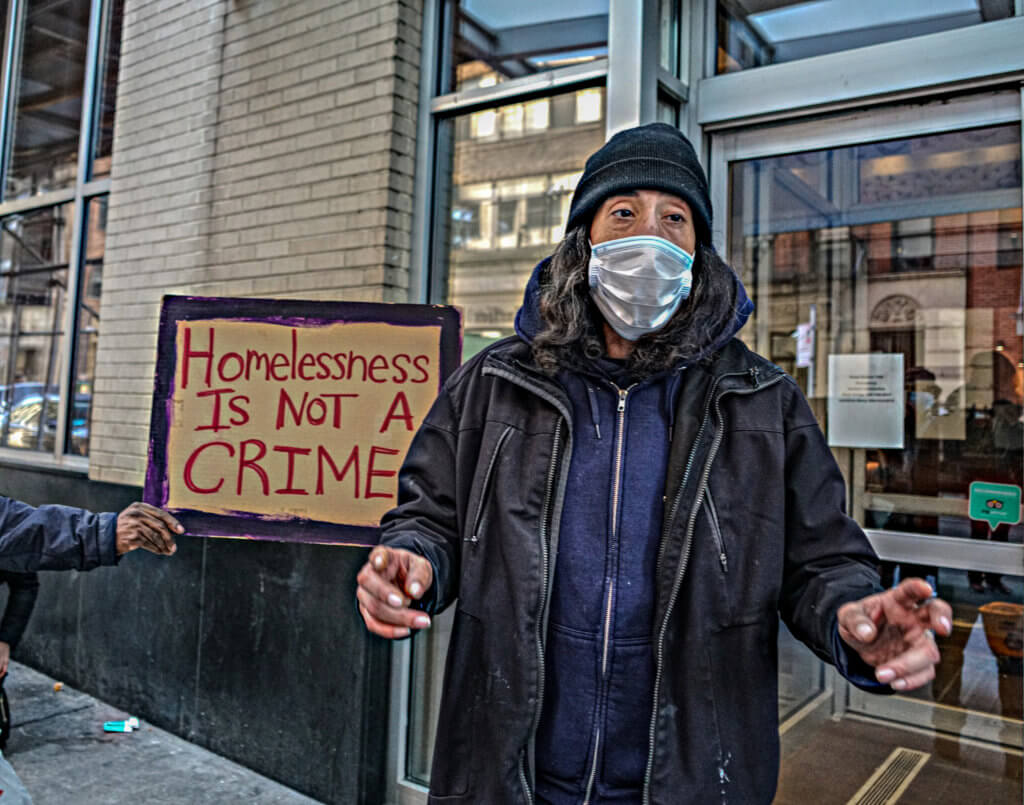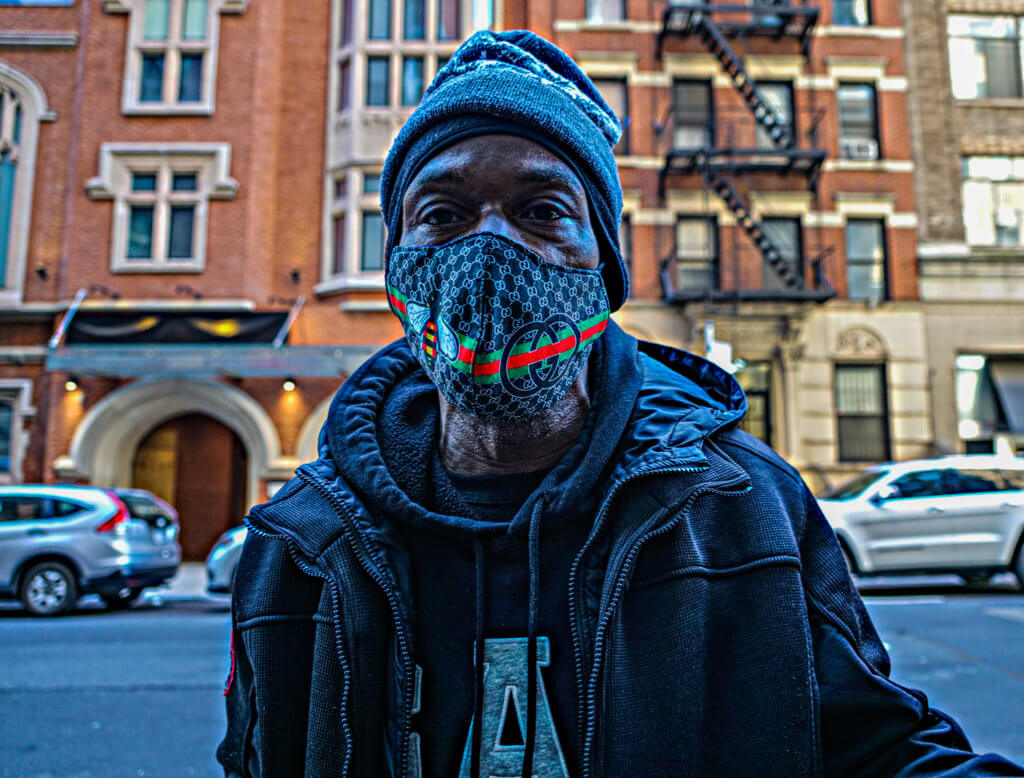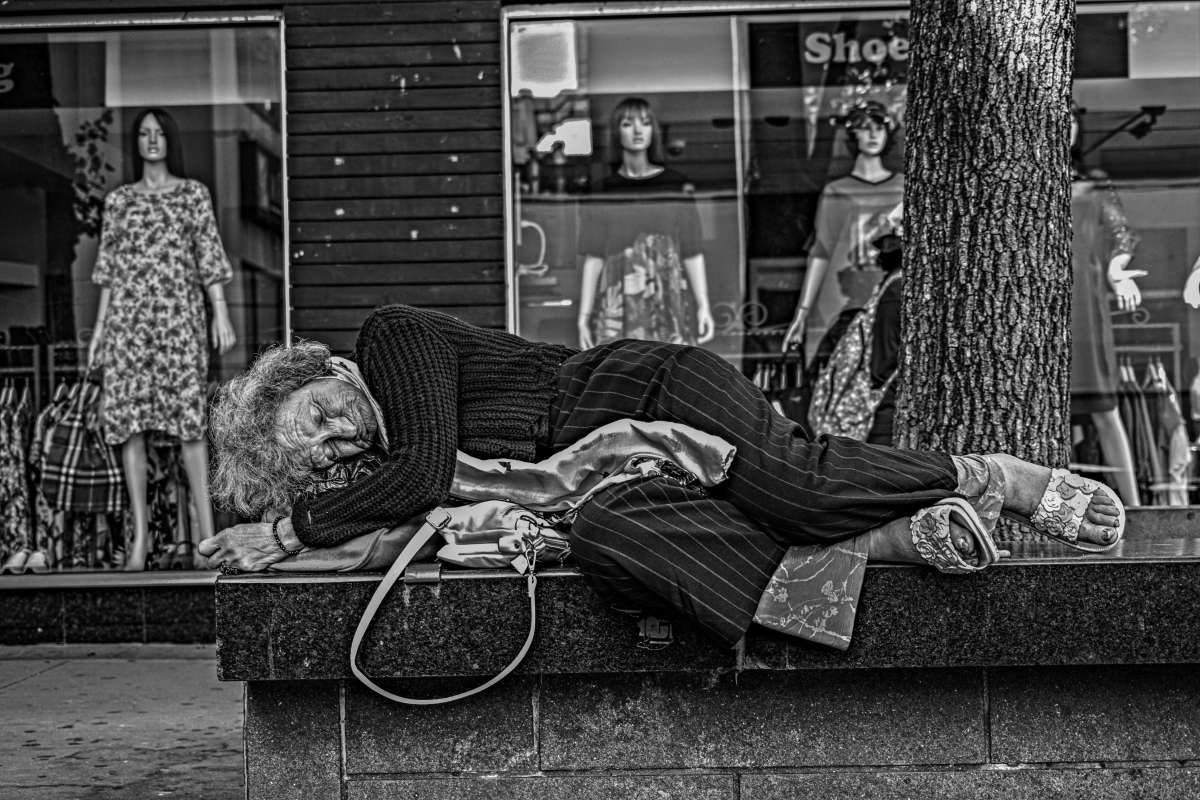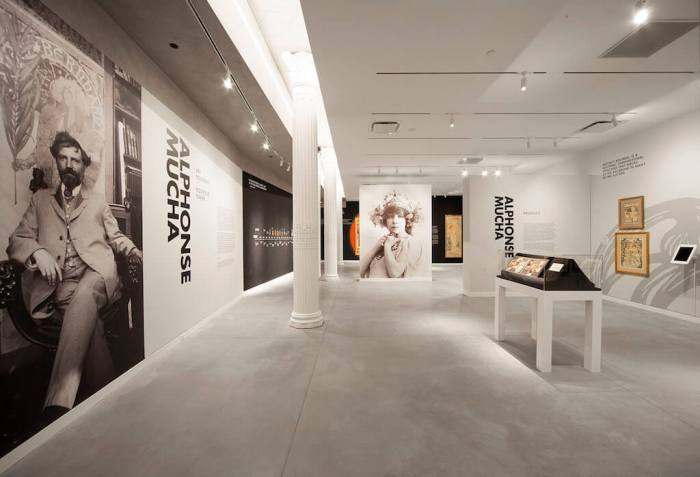The Department of Social Services (DSS) has weighed-in on the ever-growing social war in Chelsea.
Long-time residents of the Midtown neighborhood and newcomers residing in vacant hotels that have transformed into make-shift shelters have been at odds for almost a year now. Opinions range from support of the homeless arrivals to hatred and scorn of those men and women who are said to commit constant debauchery. Those living and working in the area have leveled blame at everything from drug addiction and mental illness, to unsympathetic politicians and a lack of social care.
The DSS has repudiated complaints regarding lack of specialized care for homeless individuals staying in the area, stating that the hotel housing program is—by design—intended to keep all involved safe from the spread of COVID-19 while also stating they are open to a continued dialogue about the controversial situation.
“As we have said, in the short-term, to continue preventing the spread of COVID-19, we must continue implementing our temporary emergency strategies, like using commercial hotel locations as relocation sites for our congregate shelters. As part of that effort, we aim to collaborate with communities and maintain open dialogue about these strategies in order to most effectively support our neighbors in need during these unprecedented times,” DSS said in a statement.
According to DSS, they have consulted with Manhattan Community Board 4, who have requested that the emergency homeless relocation sites be more widely distributed throughout their district.
“We identified an available alternative location where we and our not-for-profit partner NAICA believe we can better serve and continue to protect approximately 300 clients currently residing in the district. In partnership with excellent client services provider NAICA, we are committed to ensuring that we continue to provide comprehensive services and stability to our most vulnerable clients while prioritizing their health and safety for the duration of the pandemic,” the DSS said.
Community District 4 and DSS have collaborated over the last serval months to relocate sheltered individuals from Hotel Central on 36th street to the Four Seasons on 40th street in hopes of alleviating the neighborhood issue. In response to this change of residence, some of the homeless occupants protested the move with a rally held on Jan. 12 outside of their former home. Those at the demonstration called the move “displacement” and “traumatic.”

In order to provide a more effective dedicated space, DSS has worked with the Hotel Association of New York (HANYC) to identify locations that provide amenities, recreational areas, units, and are closer to community support sites, such as faith-based institutions.
The strategy for using commercial hotels was coordinated in an effort to help prevent the spread of the novel coronavirus. DSS has emphasized that these hotels are temporary, used only until it has been deemed safe by the city and health organizations to re-open homeless shelters where individuals can safely congregate.
“Data shows these actions are working—and we remain committed to continually adapting to a constantly evolving situation, engaging openly with communities about our life-saving strategies and making this the best and safest experience it can be for these individuals as they get back on their feet,” DSS reported.
With these shelters serving as a temporary fix, those living in the hotels express worry for their future. “I am just praying to God. I’m grateful to wake up another day. From Bellevue, Beth Hill Atlantic, East Tremont, to here, and to now East 40th. What’s next?” said John Green, a shelter resident who attended the Jan. 12th rally. “They shift us around. It’s a chess game,” he added.

Another issue brought up during the protest highlighted what homeless individuals say are a lack of rights. Michael Shade-Witherspoon, another shelter resident, stated that he was only permitted to bring two bags of belongings along on the move, and forced to abandon the rest.
DSS states relocations from congregate shelters to temporary locations have been in an effort to flatten the curve of the virus. DHS and DSS likewise say they have maintained an open dialogue with communities and continuously implement new solutions during these unprecedented times.
“As we’ve said, our actions will be guided by the science and data in determining when it is safe to return to congregate shelters, including closely monitoring health indicators with health experts at the New York City Health Department and following their lead in all that we do. As a City, we are not currently in a position where Health experts say it is safe for individuals to return to congregate shelters. Of course, we will continue to evaluate all factors/facts as our City works to reopen while ensuring virus rates remain low and will, of course, advise New Yorkers as these plans develop and inform communities when our City is ready to take that step,” DSS stated.































